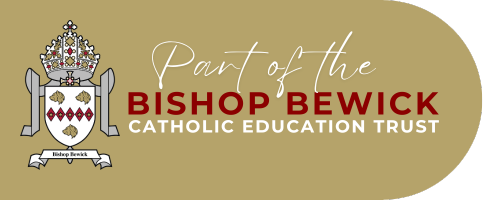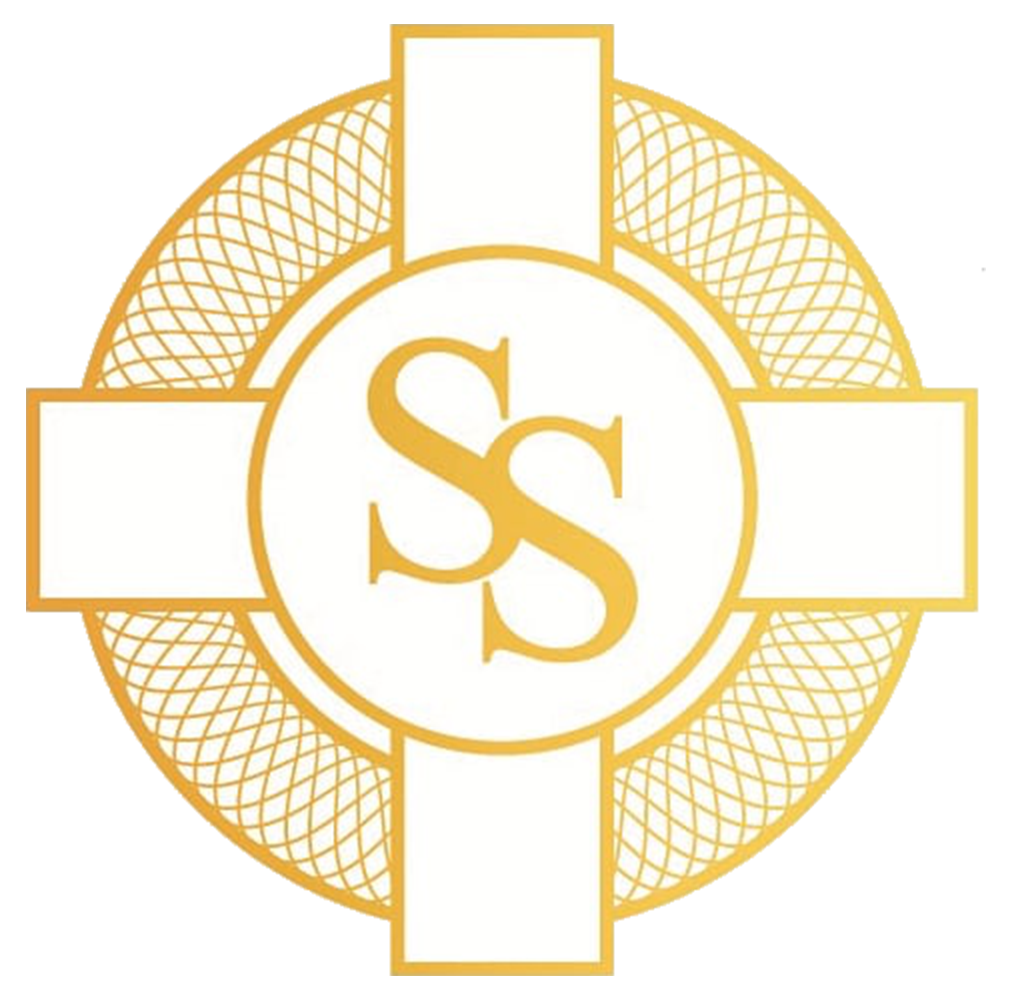
HISTORY
HISTORY
INTRODUCTION:
Our history curriculum, whilst aligned to the National Curriculum and Early Years Foundation Stage, is organised so that units of learning are delivered through specific themes which are:
People and the environment
Cultural development
Exploration, invasion and settlement
Creation, growth and economics
Technological advancement
Leadership and change in social structure
This thematic approach helps pupils build up a rounded knowledge of events, people, ideas and cultures which have shaped the world in which we live today. This approach also helps pupils to build connections between events and eras and the way people have acted throughout time both in Britain and other parts if the world. Whilst undertaking units of learning, pupils develop a chronological framework for their knowledge of significant events and people. As with other subjects, pupils acquire knowledge and skills in tandem so they can explore, analyse, evaluate evidence and source material enabling them to hypothesise, raise questions and conduct simple research and interpret findings.
Progression documents identify key learning in chronology, enquiry, interpretation and organisation and it is these fundamental skills along with key knowledge which form the basis of assessment. Teachers use both formative and low stakes summative testing to measure pupils’ knowledge and skill acquisition as well as application.



